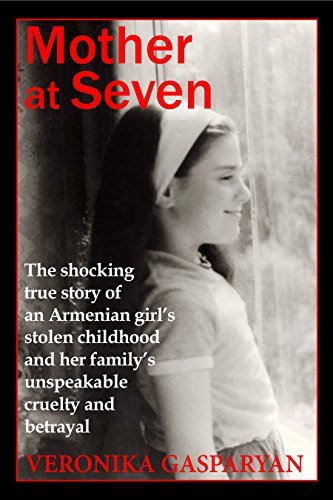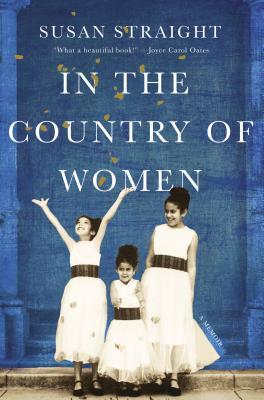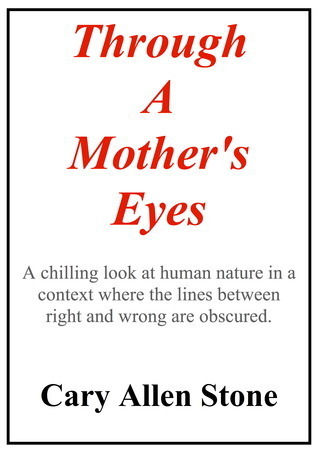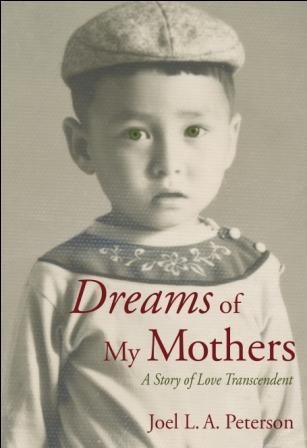
Mother at Seven
Book Description
Seven years can change everything, especially when a mother is torn between duty and desire. As tensions rise and secrets unravel, Veronika Gasparyan plunges readers into a heart-wrenching tale of love, betrayal, and the desperate lengths one woman will go to hold her fractured family together. When the past reemerges to threaten their fragile peace, loyalties are tested and decisions become a matter of survival. Each emotional twist pulls at the heartstrings, leaving readers breathless. Can she regain control before it’s too late, or will the choices she makes lead to irreversible consequences?
Quick Book Summary
"Mother at Seven" by Veronika Gasparyan is a gripping and emotionally charged memoir that traces the author's harrowing journey from childhood into adulthood, shaped by enormous responsibility, trauma, and resilience. Gasparyan, thrust into motherhood at the age of seven, recounts her experiences growing up in a dysfunctional and abusive home where her survival instincts and protective love for her siblings propelled her into premature adulthood. Through candid storytelling, she exposes the complexities of loyalty, betrayal, and the impact of generational trauma on family bonds. The memoir delves into issues of mental health, the cyclical nature of abuse, and the desperate choices required to escape and rebuild. Ultimately, Gasparyan’s story is one of courage, illuminating the depths one mother will go to protect her fragmented family and reclaim a sense of hope and control over her life.
Summary of Key Ideas
Table of Contents
The Cycle and Impact of Familial Abuse
The story begins with Veronika Gasparyan's earliest childhood memories, shaped significantly by a turbulent family environment marked by neglect and abuse. Being the eldest child, Veronika is forced into a caregiver role for her younger siblings, effectively becoming a surrogate mother at the age of seven. The relentless pressure and absence of childhood innocence define her formative years, as she navigates constant fear and uncertainty within her home.
Early Responsibility and Loss of Innocence
As Veronika grows older, her role in the family intensifies. She is confronted not only with physical and emotional abuse but with the crushing weight of responsibility as her mother turns to her for support rather than protection. This period witnesses the gradual unraveling of family bonds, as Veronika grapples with betrayal from those she should trust most. Throughout, she is plagued by internal conflict—torn between familial duty and self-preservation.
Secrets, Betrayal, and Rebuilding Trust
Secrets harbored within the family gradually come to light, inflaming existing tensions and forcing Veronika to reevaluate her relationships and loyalty. These revelations lay bare the cyclical nature of abuse and the corrosive effects of long-held secrets on family cohesion. As outside threats and internal strife converge, Veronika finds her survival instinct kicking in, prompting difficult decisions that test her values and priorities.
Mental Health and Survival Mechanisms
The memoir gives significant attention to the psychological and emotional toll the environment exerts on Veronika. She details the evolution of her mental health, chronicling moments of despair, anxiety, and fleeting hope. Gasparyan addresses the coping mechanisms she develops—both healthy and destructive—and how therapy and self-reflection eventually serve as lifelines. These insights provide a candid look into the complexities of dealing with trauma while nurturing others.
Resilience and Breaking Generational Patterns
Despite countless setbacks, Veronika’s narrative is ultimately one of resilience and transformation. She confronts the root causes of her family’s dysfunction, breaks longstanding patterns of abuse, and redefines her identity beyond that of a victim or caretaker. With hard-won wisdom and compassion, she faces her past, establishes boundaries, and embarks on a journey toward recovery. The memoir closes with messages of hope, underscoring the theme that reclaiming control and forging a healthier path is possible, even after enduring unimaginable adversity.
Download This Summary
Get a free PDF of this summary instantly — no email required.





